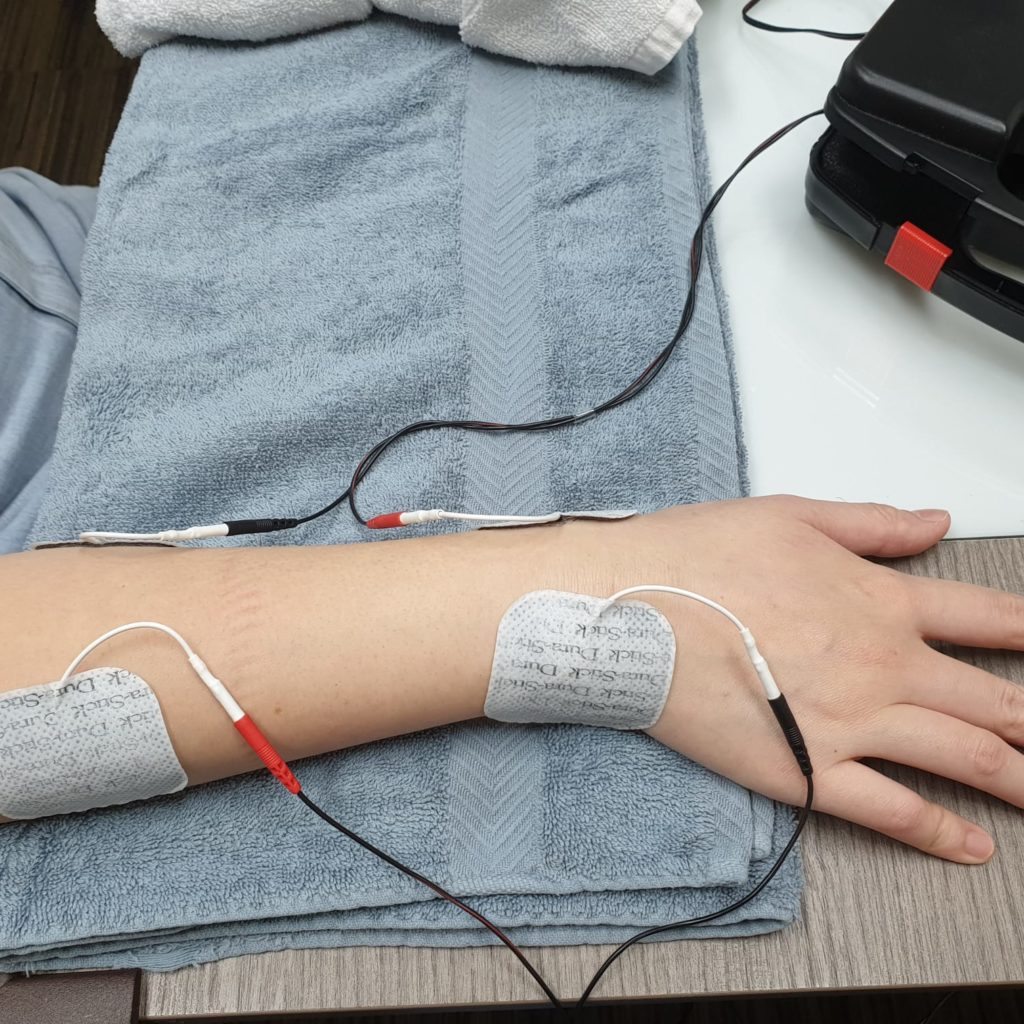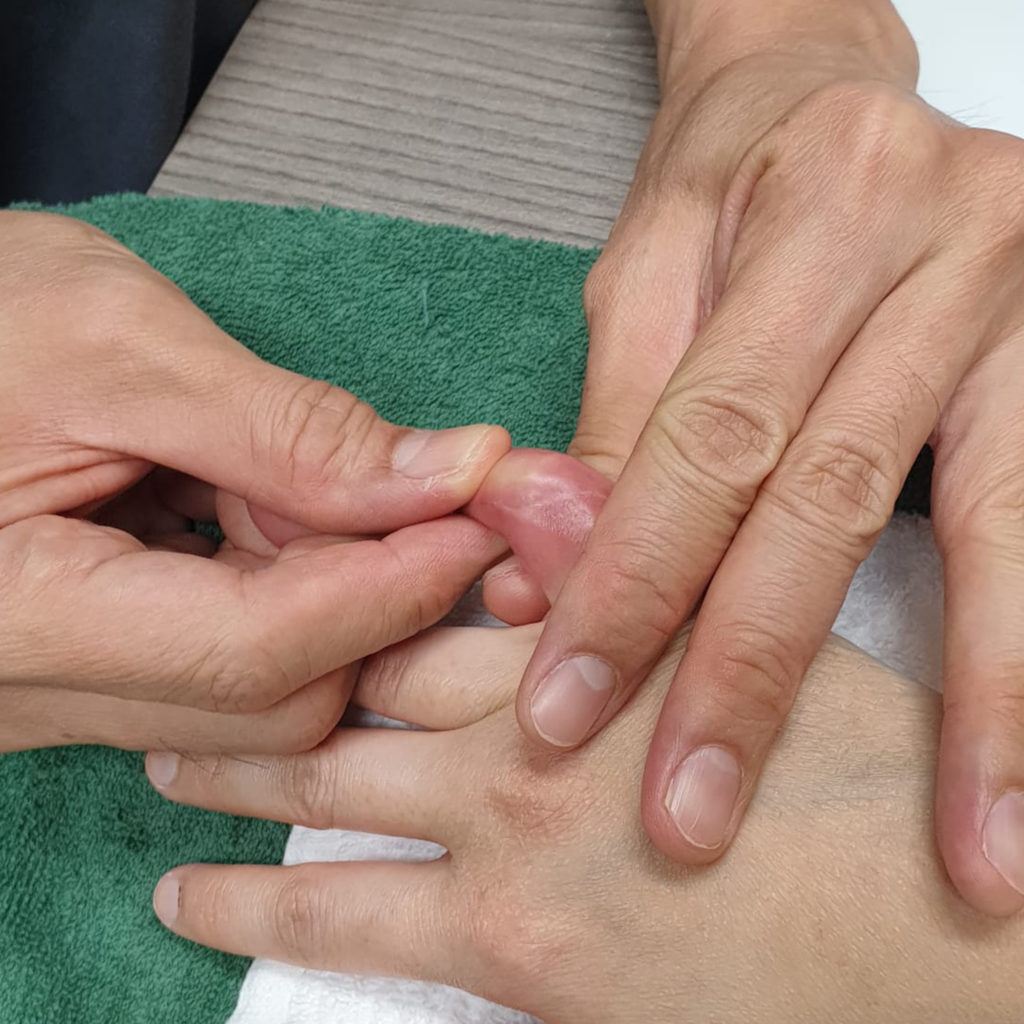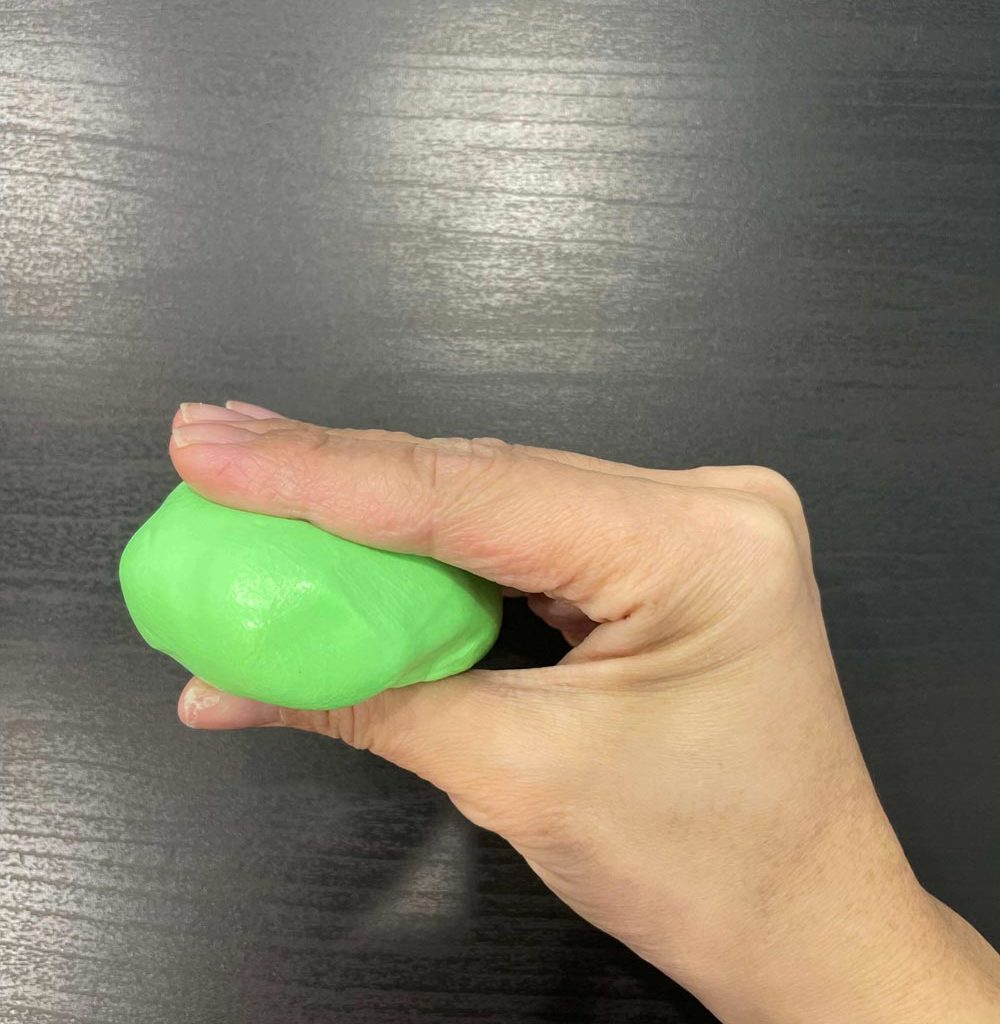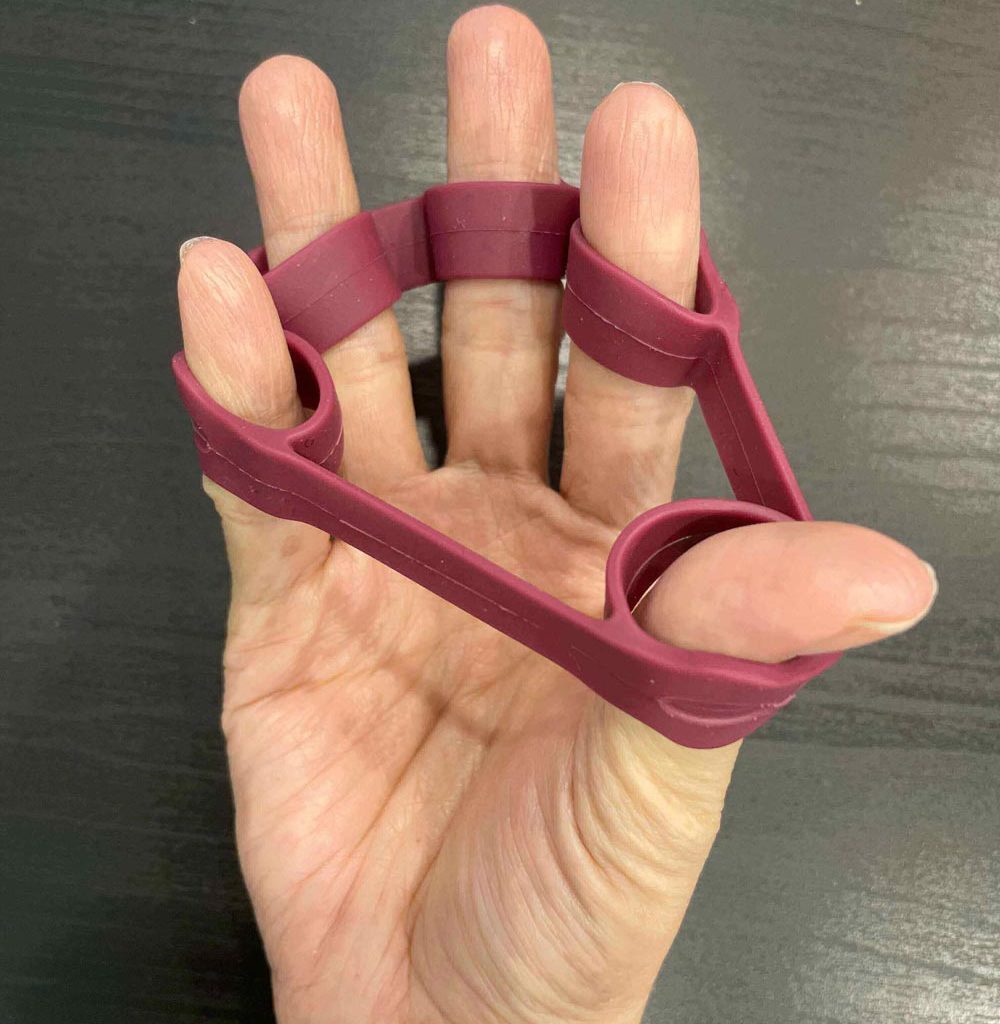Experiencing
Stiffness & Weakness
in Your Fingers or
Your Hands?
Reduced joint range of motion and strength are common problems seen after injury and/or surgery. Limitation in hand and upper extremities movement such as stiff hands and stiff fingers affect one’s ability to perform routine daily activities, work, leisure etc. Stiff hands and stiff fingers can be symptoms of various medical conditions and can have several underlying causes. These symptoms often refer to a reduced range of motion in the hands and fingers, making them difficult to move and manipulate as they should.
Here are some common causes and conditions associated with stiff hands and fingers:
Common Causes of Hand & Finger Stiffness:
Arthritis
Traumatic injuries e.g. fracture, tendon laceration
Repetitive strain injuries e.g. trigger finger, deQuervain
Nerve compression
Common Symptoms of Hand & Finger Stiffness:
Reduced joint range of motion and strength
Swelling or inflammation around the joints
Pain or discomfort in the hand/fingers
Joint stiffness can make simple tasks like writing, brushing teeth & wearing clothes challenging. It is recommended to seek professional evaluation from a hand therapist or doctor to identify the underlying cause and work out a personalised treatment plan.
Treatments To Improve Joint Stiffness and Muscle Weakness
Hand Therapy
Hand therapy is a specialised rehabilitation approach designed to address issues like stiff hands and stiff fingers, working towards improving joint range of motion and strength.
At Hand Therapy Associates, we will devise a personalised treatment program based on a functional assessment to address these issues and assist your recovery to optimal function of the hand. Through the evaluation, our hand therapists can assess the patient’s physical abilities to perform day-to-day activities. We use biomechanical and physiological principles that relate to movement as our guidelines to plan the treatment. During the therapy session, our hand therapist will personalise a series of exercises based on individual hand assessment and goals.
Exercises and Stretching
Exercises and stretching are essential components of rehabilitation aimed at improving range of motion in stiff hands and fingers. Active range of motion exercise improves circulation and increases joint lubrication which improves joint mobility. Stretching exercises focus on lengthening the soft tissues in the hands and fingers, including tendons and ligaments. This can gradually increase flexibility and range of motion. Stretching also helps prevent scar tissue from forming, which can contribute to stiffness.
Joint Mobilisation
Joint mobilisation is one of the techniques used during the therapy sessions for stiff hands and fingers. Our hand therapist will apply different levels of forces throughout the therapy to the targeted joint according to patient feedback to optimise the outcome.
Physical agent modalities
Thermal modalities such as heat pack and contrast bath are effective in managing stiffness in hands and fingers. Applying heat to stiff joints and muscles increases blood flow to the area, relaxes muscle tension, and soothes discomfort. Heat enhances blood circulation and helps in the removal of waste products and toxins, promoting healing and reducing stiffness.
Ultrasound is one of the physical agent modalities commonly used in the clinic. It uses sound waves to generate heat to promote blood flow and reduce stiffness.


Splinting
Our hand therapists may recommend customised splints to reduce joint stiffness. Splinting is commonly used to improve hand and fingers stiffness. The controlled stretching from splinting can gradually improve joint flexibility and range of motion, helping to counteract stiffness. Splints should be worn to maintain proper hand alignment and to prevent further hand and finger stiffness.
Learn more about custom hand splints here.
Hand Strengthening
Hand Strengthening exercises are usually a part of occupational therapy to improve strength and grip and to reduce hand and finger stiffness. It can also help improve the hand/wrist/finger muscles’ coordination and prevent conditions like arthritis from worsening.
Muscle strengthening exercises are typically initiated later in rehabilitation when the injured part is more stable. For example, grip strengthening only starts when the wrist fracture is post-operatively well-fixated or well-healed. Equipment such as theraputty, powerball and resistive bands can help increase muscle strength.
The use of daily activities is also one of the effective ways to help strengthen muscles. A muscle-strengthening therapy program targeting specific muscle groups can be developed to facilitate recovery and return to pre-morbid activities.


Others
At times, injection, surgery, or medication may be needed to address hand and fingers stiffness. Please consult a doctor for further information.
Common Conditions That Can Benefit from Hand Therapy include:
Fractures to fingers and/or wrists | Mallet Finger | Ligament/Tendon Injuries | Arthritis | Lateral Epicondylitis | Trigger Finger
Fractures to fingers and/or wrists
Mallet Finger
Ligament/Tendon Injuries
Arthritis
Lateral Epicondylitis
Trigger Finger
Treatment approach for stiff hands and fingers will vary depending on the underlying cause and the individual’s specific condition. What works for one person might not be effective for another person, which is why early intervention and a personalised treatment plan designed by a hand therapist are crucial for achieving the optimal outcome and restoring hand function. Patients should get assessed by a professional, receive an accurate diagnosis, and determine the most suitable treatment for their condition.
For other enquiries about hand therapy or to book an appointment to assess your condition with our Hand Therapists, enquire in the form below!


